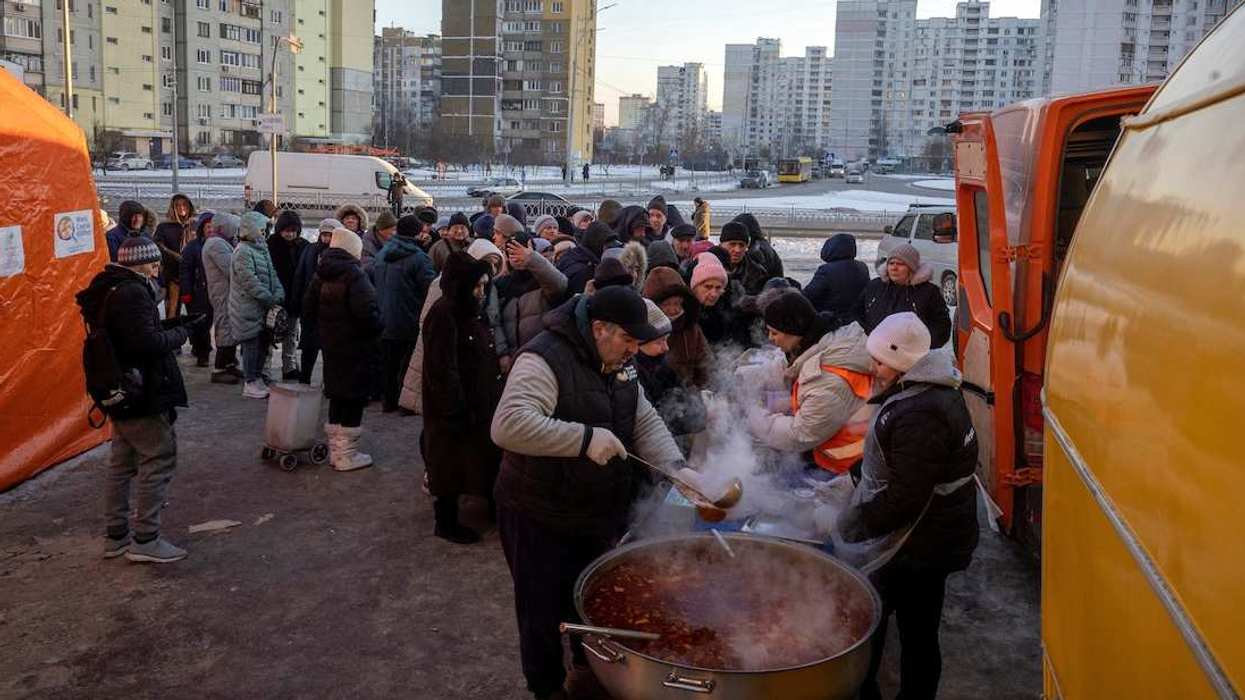5: China lifted sanctions on five European Union lawmakers on Wednesday as Beijing seeks to balance the growing trade war with the United States by warming ties with Europe. The sanctions were originally imposed on members of the European Parliament’s Subcommittee on Human Rights in relation to European condemnations of human rights abuses against Uyghur minorities in Xinjiang.
500: Two Harvard University reports on anti-Muslim and antisemitic sentiment on campus released Monday stretched to over 500 pages cumulatively, noting that sizable minorities of Muslims (47%) and Jews (15%) did not feel physically safe. The reports, which were commissioned before the Trump administration took office, also showed that 92% of Muslims and 61% of Jews feared professional and academic repercussions for expressing political beliefs.
18: Turkish police have arrested 18 municipal employees in Istanbul as part of a growing crackdown against city Mayor Ekrem Imamoğlu, who was imprisoned last month. Imamoğlu is widely considered the only opposition figure able to go toe-to-toe with President Recep Tayyip Erdoğan in the next presidential election, but legal obstacles may effectively bar him from running. The municipal employees were among a group of 52 detained over the weekend, and are accused of taking bribes and participating in criminal conspiracy.
1 billion: Argentines deposited $1 billion in US dollars into their bank accounts over the last eight business after the government lifted restrictions on buying US currency following five years of strict controls. The dollar’s relative value has been sliding under the Trump administration and hit a three-year low last week after the president repeatedly criticized the chair of the Federal Reserve.
350,000: What stretchy inanimate thing killed 350,000 people in 2018? One word. Are you listening? Plastics. More specifically, chemicals that are added to the plastics that we encounter in everyday items like food packaging, lotions, and shampoos. A new study suggests that these “phthalates,” as they’re called, contributed to hundreds of thousands of deaths from heart disease, especially in emerging economies where middle-class consumption has grown rapidly in recent decades.


















